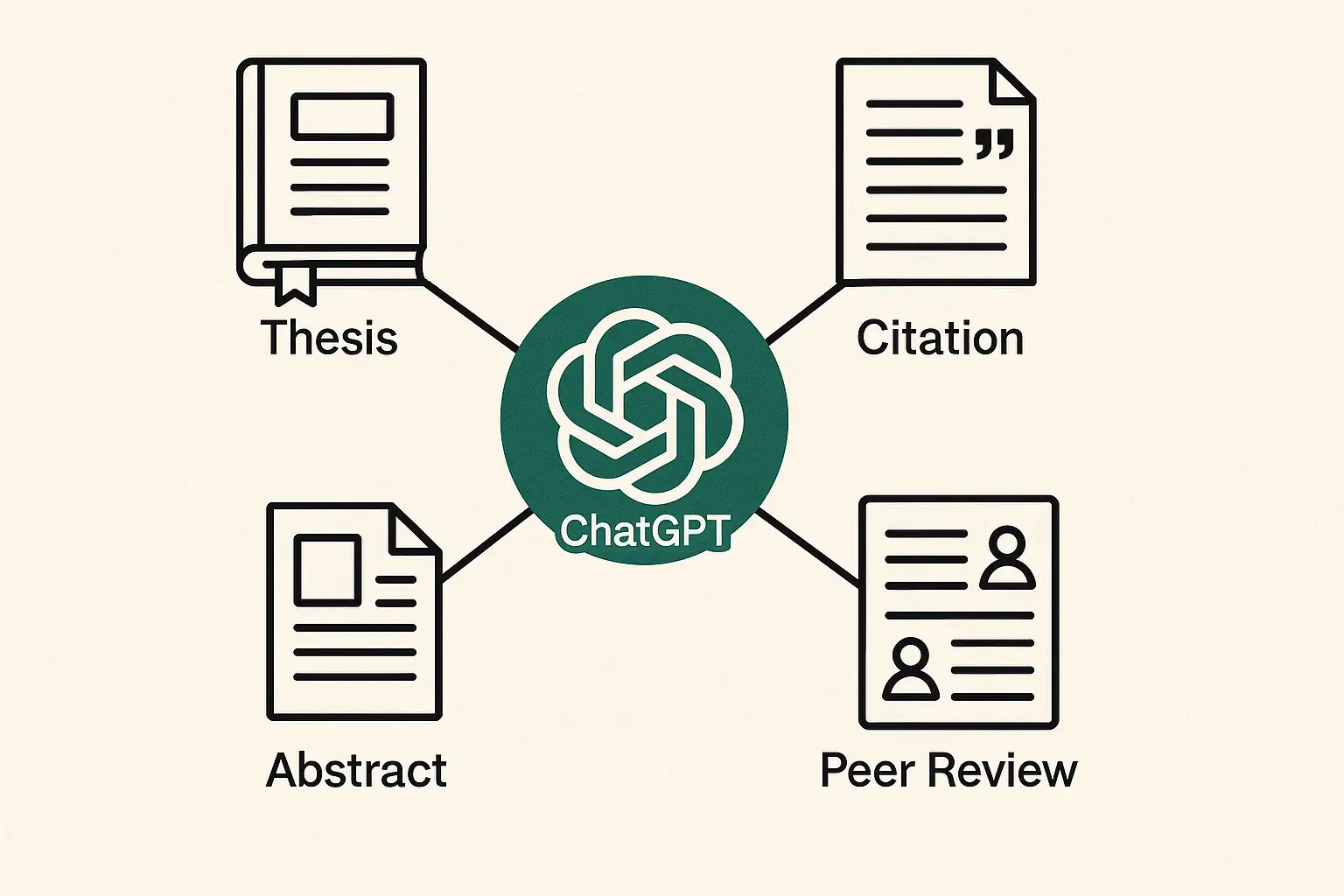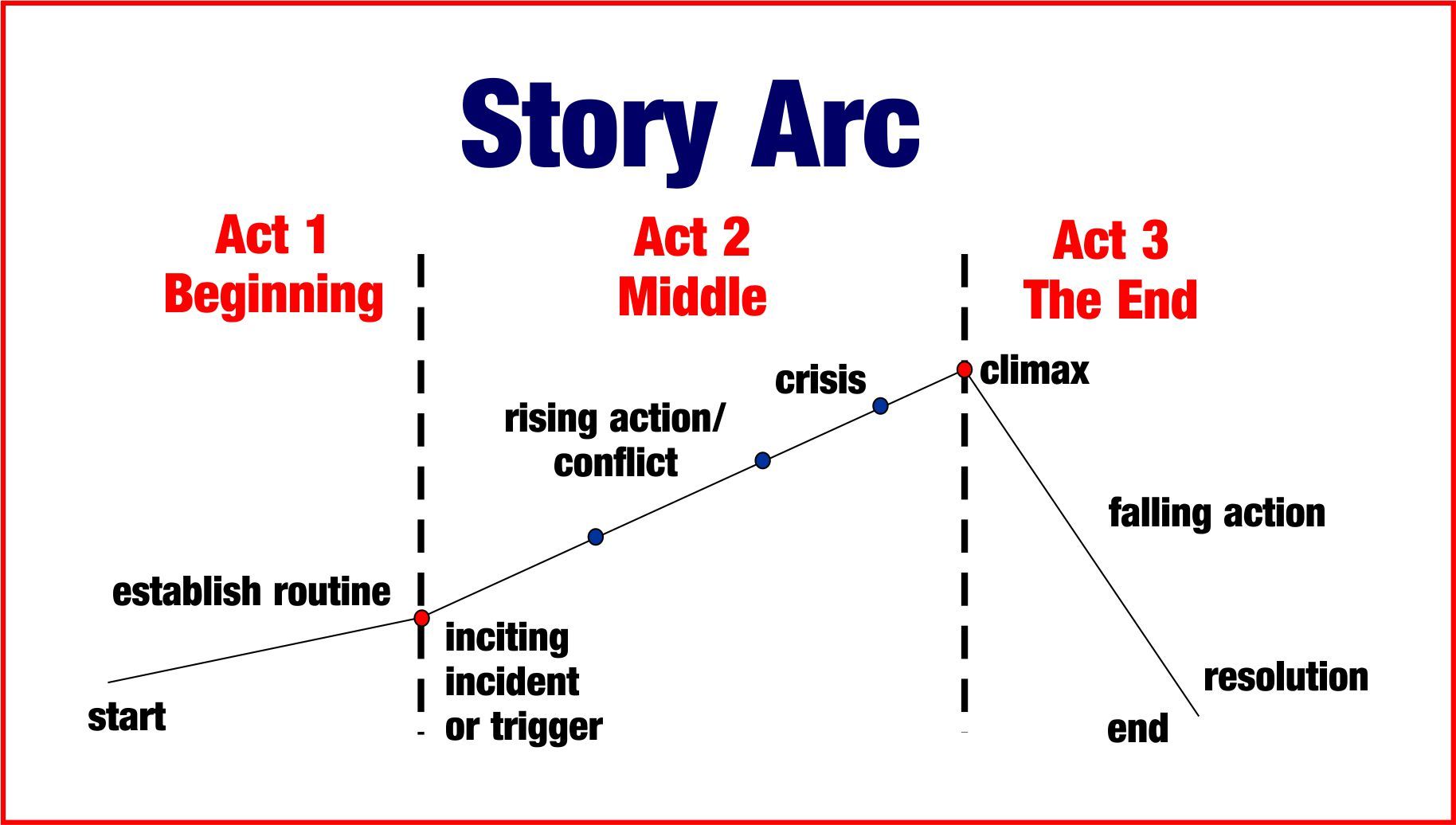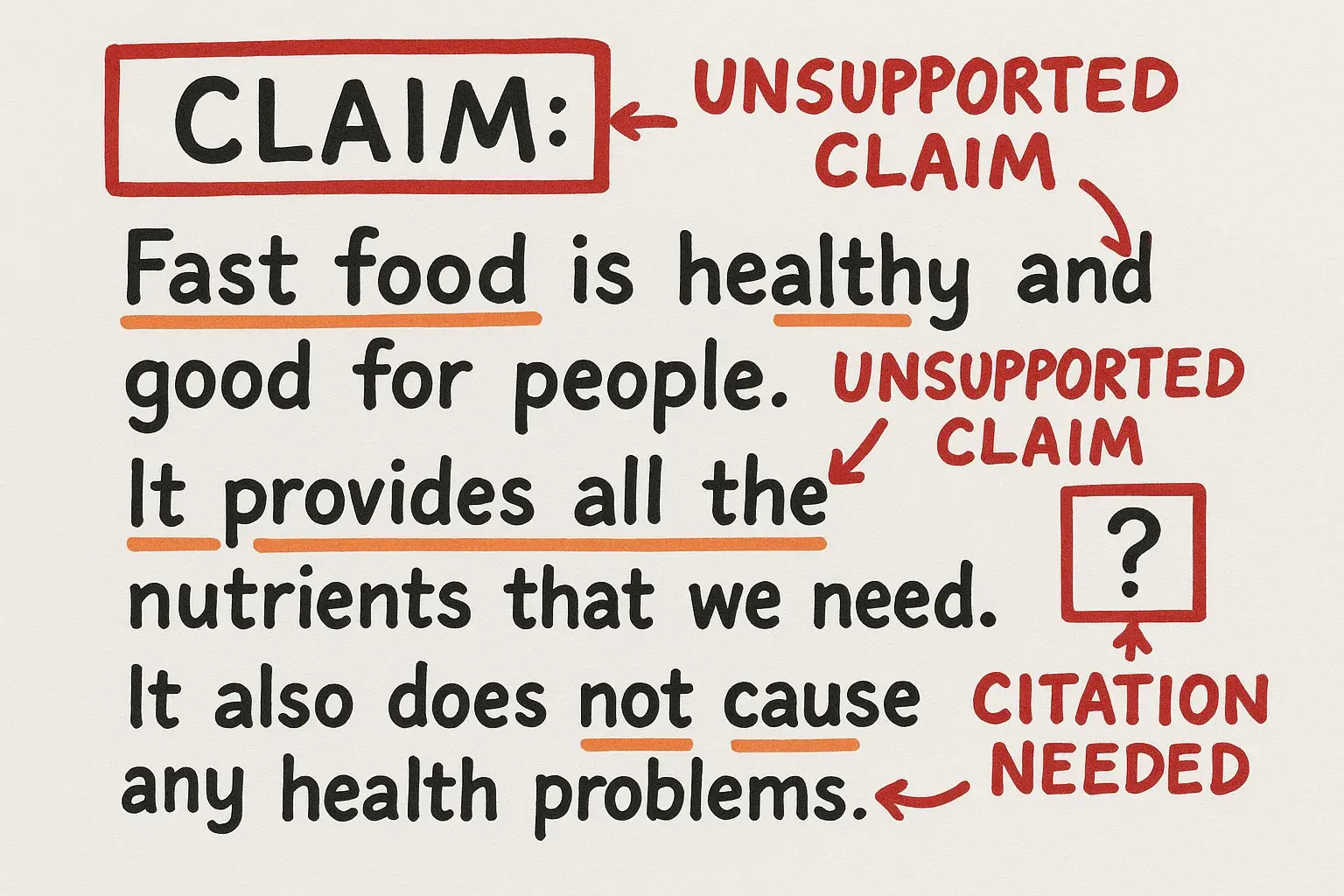A strong research question is the backbone of any academic study. Whether you are writing a thesis, dissertation, or research paper, a well-crafted question sets the stage for a focused investigation and guides every stage of your project. In this blog post, we explore the importance of research questions, share tips on how to develop them, and...
Platform for Academic Ghostwriting and Research
What is Academic Ghostwriting?
Academic ghostwriting involves hiring professional writers to produce scholarly content on behalf of another individual, who is then credited as the author. This service can include various academic documents such as research papers, theses, dissertations, and even entire books. Ghostwriters are usually experts in specific academic fields and have a deep understanding of research methods, ensuring that the final product meets strict academic standards.
Why is Research Important in Academia?
Research is the foundation of academia. It drives innovation, expands knowledge, and influences policy decisions across different fields. Here's why research is so important:
- Expanding Knowledge: Research explores new ideas and theories, filling gaps in understanding and providing a basis for future studies.
- Solving Problems: Through careful investigation and analysis, research tackles real-world issues and offers evidence-based solutions.
- Developing Skills: Engaging in research sharpens critical thinking, analytical skills, and rigorous methods - abilities valuable in both academia and various professions.
- Informing Practice: Research findings guide best practices and decision-making within industries, leading to more effective outcomes.
Given its crucial role in advancing knowledge and addressing pressing problems, high-quality research is vital for maintaining the credibility and progress of academic institutions.
The Need for Academic Ghostwriting Platforms
The growing demand for academic support services has led to the creation of specialized platforms for academic ghostwriting and research assistance. These platforms aim to connect individuals who need help with their academic work with skilled professionals who can provide that support.
Such platforms typically offer a range of services:
- Custom Writing: Tailored writing services for essays, research papers, theses, dissertations, articles, etc., designed to meet specific requirements.
- Research Assistance: Support with literature reviews, data analysis (e.g., using SPSS), hypothesis formulation, survey design, scoping reviews, meta-analysis preparation.
- Editing & Proofreading: Ensuring clarity, coherence, proper formatting (APA/MLA/Chicago), grammatical accuracy.
- Consultation Services: Guidance on topic selection, research design strategies.
These platforms prioritize confidentiality while ensuring that all work adheres strictly to ethical guidelines. By providing access to expert writers with advanced degrees across various disciplines - ranging from social sciences to engineering - they cater directly to the unique needs presented by each client's project specifications. For individuals facing challenges due to time limitations or language barriers or lacking specific technical expertise required by their projects - these platforms serve as invaluable resources enabling them not just simply complete assignments but excel academically without compromising personal integrity or educational objectives. Through this comprehensive suite encompassing custom writing solutions coupled with extensive consultation resources - platforms dedicated towards fostering excellence within academia emerge pivotal contributors towards nurturing intellectual growth - ultimately empowering researchers along their journey toward scholarly achievement while upholding ethical standards integral within educational landscapes globally!
Understanding the underlying patterns and meanings in qualitative data is crucial in many fields, from psychology and sociology to marketing and healthcare. Thematic analysis provides researchers with a clear method to unpack large volumes of qualitative information—like interview transcripts, open-ended survey responses, or focus group...
When conducting research, collecting data from every individual in a population can be impractical, time-consuming, and costly. Instead, researchers often rely on sampling—selecting a smaller subset of individuals from a larger population to draw conclusions about the whole group. The goal of sampling is to ensure that the data collected is...
ChatGPT is a powerful AI writing assistant that can significantly enhance your academic paper writing process. By leveraging ChatGPT, you can streamline various stages of research paper writing, from brainstorming research questions to drafting coherent sections like the introduction and conclusion. Understanding the capabilities and limitations of...
Conducting an experimental study is one of the most effective ways to investigate cause-and-effect relationships in scientific research. Whether you're analyzing psychological behavior, environmental factors, or any other scientific phenomenon, designing a well-structured experiment is critical to obtaining meaningful results. In this blog, we'll...
Storytelling is one of the oldest forms of communication, and a narrative essay offers you the chance to share your story with creativity and personal insight. Whether you're recounting a transformative life experience or crafting a fictional tale with vivid imagery, mastering the art of the narrative essay is a valuable skill for academic success...
An expository essay is a type of writing that aims to explain or describe a topic in a clear, straightforward manner. Unlike persuasive or argumentative essays, expository essays do not try to convince the reader of a particular viewpoint. Instead, they focus on providing factual information, explaining processes, or exploring relationships between...
A descriptive essay is a type of writing that aims to describe a subject in such a detailed and vivid way that the reader can almost experience it themselves. Unlike argumentative or narrative essays, a descriptive essay does not focus on making an argument or telling a story. Instead, it uses rich language to paint a clear picture in the...
A critical essay is a form of academic writing that requires you to analyze, interpret, and evaluate a text or concept. Unlike simple summaries or reviews, a critical essay demands a deeper level of engagement with the material. You are expected not only to understand what the author is saying but also to form your own thesis statement and support...
An argumentative essay is a type of academic writing that presents a well-structured argument on a specific topic. It requires you to take a clear position, provide supporting evidence, and address opposing viewpoints to convince the reader. This guide will walk you through the key steps to writing a compelling argumentative essay.
Writing an academic essay can seem daunting at first, but with the right approach, it becomes a manageable and even enjoyable task. Whether you are writing an argumentative essay for university or a simple report, understanding how to structure and develop your essay is key. In this guide, we will walk you through the entire essay-writing process,...
An integrative literature review (ILR) is a comprehensive way to synthesize and integrate the findings from diverse sources, offering new perspectives or frameworks that address a specific research question. As part of the scholarly process, writing an integrative literature review is essential for advancing knowledge and shaping new theories...
The dissertation is the result of a long and intensive research process, but the real challenge often lies in the dissertation defense, specifically during the disputation. This decisive moment determines whether all doctoral candidates successfully complete their doctorate. However, with the right preparation and effective defense strategies, you...
In scholarly work, clarity and precision are everything. Yet even the most diligent writers can fall into the trap of using imprecise, casual, or redundant words that undermine the professionalism and credibility of their research. Drawing on guidelines from leading academic resources, here are 70 key words and phrases you should avoid - alongside...
Managing research references effectively can make or break your academic work. Reference management tools serve as your digital research assistant, helping you organize scholarly articles, create citations, and build bibliographies with precision. These specialized software solutions transform the way researchers handle their academic sources:
Ghostwriting, the act of creating written content for someone else who claims authorship, is a widespread phenomenon in academia. This practice is particularly notable in Medical Literature, where financial relationships between drug companies and researchers can lead to ethical concerns in ghostwriting. While it aids in achieving publication...
















